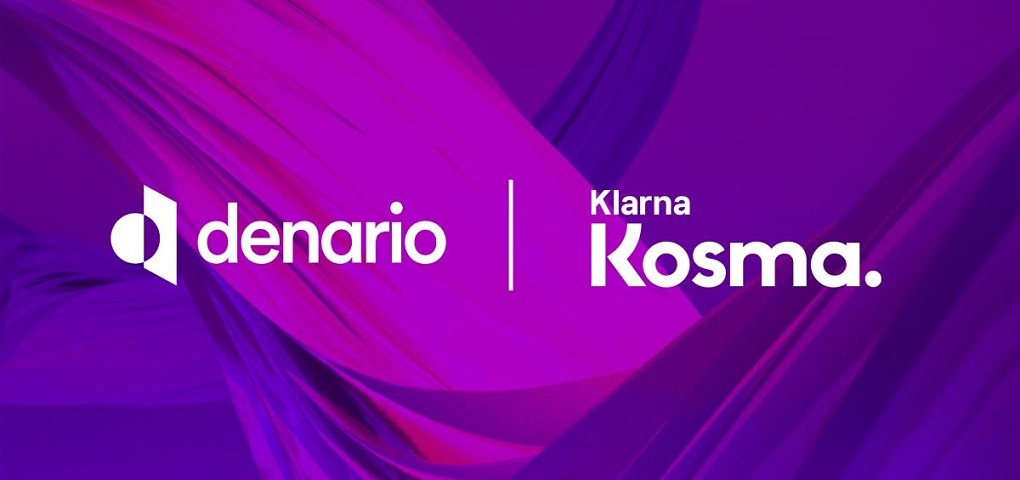
Klarna Kosma, Klarna’s financial technology platform for banks, fintechs and innovative partners and Denario, a digital financial management platform for businesses, announced their joint collaboration. Klarna Kosma’s open banking platform gives Denario access to the world’s largest international banking network, which will help the Berlin-based fintech offer its payment platform to American customers in the future.
With Denario, businesses can streamline their payment processes and optimize their cash flow. SME clients rely on Denario to keep track of their money flows from various accounts, manage and orchestrate outstanding payments, and monitor overdue customer invoices. Denario also provides valuable insights into a company’s liquidity profile through a combination of historical transaction data, accounting data, and seamless payment collection and reconciliation.
Denario places a strong emphasis on strategic partnerships and – through the integration with Klarna Kosma’s open banking platform – will be able to provide easy and secure access to account information and direct A2A transfers across 15,000 banks in 27 countries worldwide.
„With Denario, we are creating a scalable solution for automating payment transactions worldwide. Payment orchestration and reporting play a central role in B2B payments and can only succeed on a clean database. With Klarna Kosma, we have found a strategic partner to support US banks,” explains Philipp A. Pohlmann, founder and CEO of Denario.
„The market for fintechs with a focus on SMEs holds enormous growth potential. But only a few open banking providers are dedicated to their needs. We are excited to enable Denario to make the leap to internationalization and to jointly offer a comprehensive solution for automated business payments,” says Wilko Klaassen, VP, Klarna Kosma.
__________
Klarna Kosma is a sub-brand and business unit of Klarna to harness the rapid growth of its world-leading Open Banking platform. By providing simple access to more banks than any other Open Banking provider, Kosma rapidly reduces the time for new fintech services to reach a global scale and provides the essential building blocks for innovation in financial services. Kosma provides financial institutions, fintechs and merchants with the essential connectivity to build the next generation of fintech apps and services by providing simple and secure access to 15,000 banks in 27 countries around the world through a single API. The new business unit will harness the massive growth Klarna has seen in this area, having more than doubled the number of connected banks in the past year. Today, Kosma processes close to a billion information requests to bank accounts each year.
Denario is the easiest way to send, collect, and operate payments for modern SMEs in Europe. Our integrated payment platform helps businesses to automate their payment operations, from validation and approval, to processing and reconciliation. We offer SME operators a holistic view across all money flows within their business and a payment experience so simple that it helps them focus on their customers, not their payments admin. The company was founded in 2021.
Banking 4.0 – „how was the experience for you”
„To be honest I think that Sinaia, your conference, is much better then Davos.”
Many more interesting quotes in the video below: